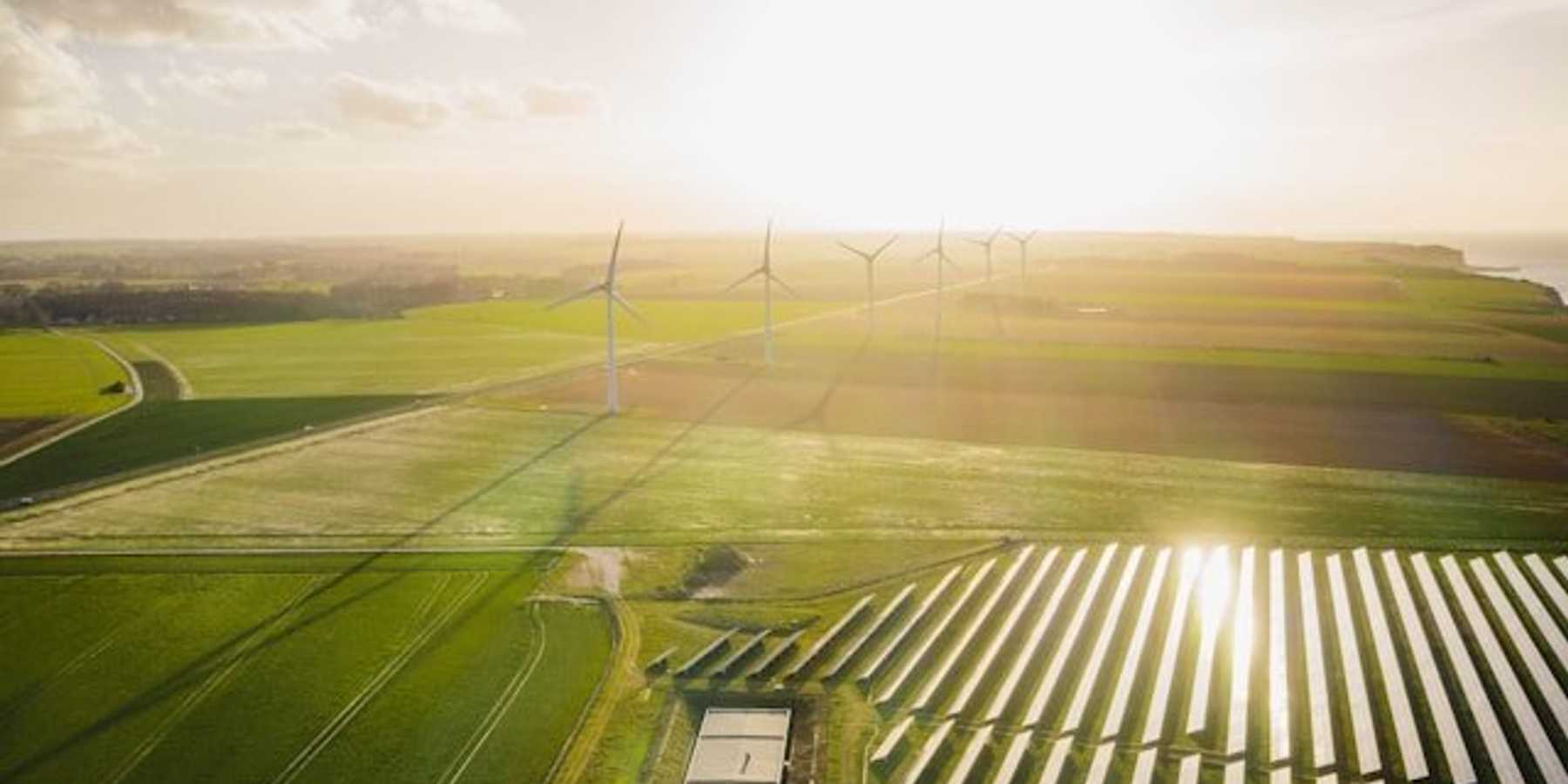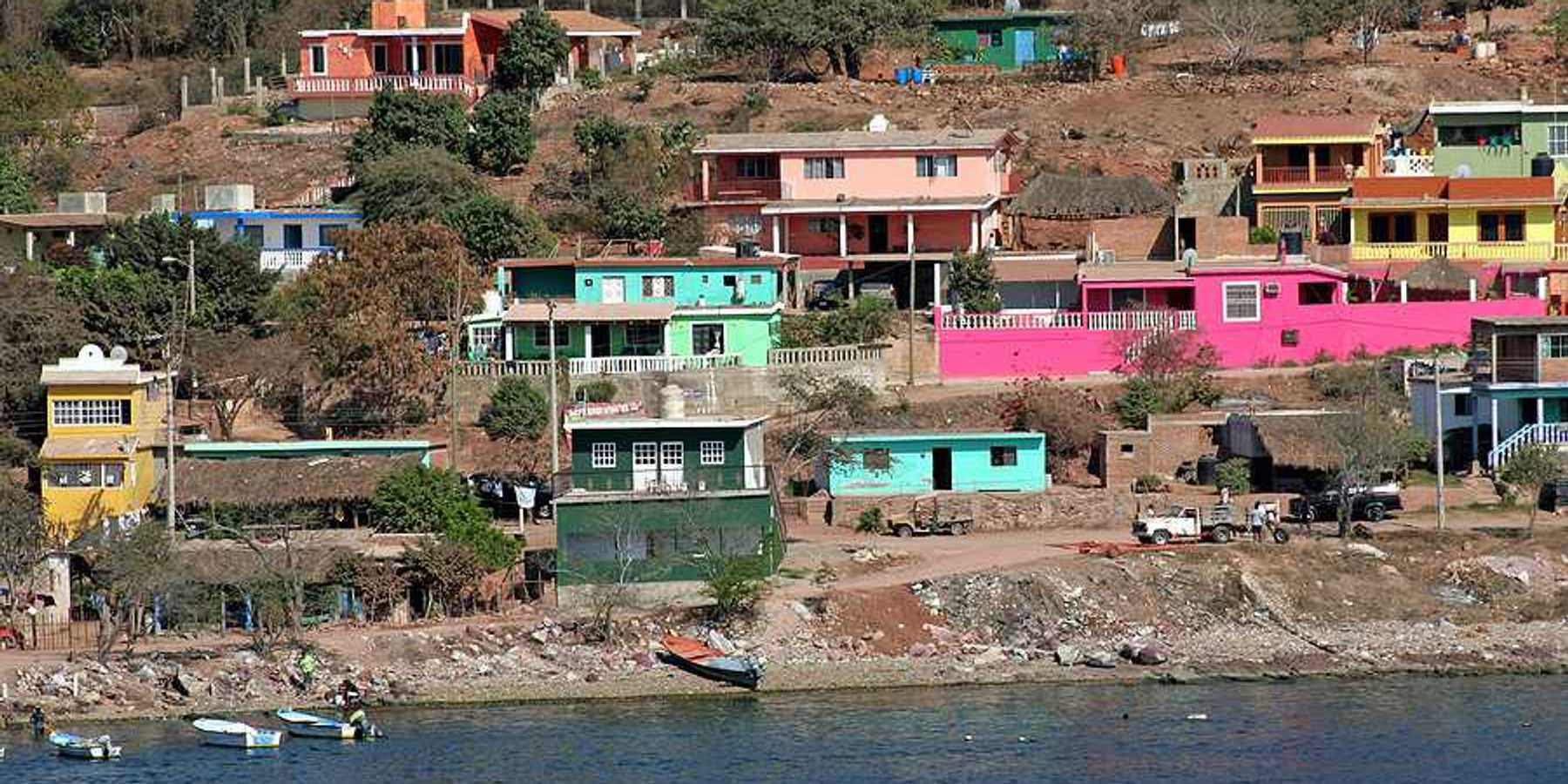
USDA halts renewable energy aid to farms, citing land use concerns
The U.S. Department of Agriculture will no longer fund wind or solar energy on farmland, reversing a key rural clean energy program and redirecting support toward biofuels.
Georgina Gustin reports for Inside Climate News.
In short:
- Agriculture Secretary Brooke Rollins announced that the USDA will end funding for wind and solar projects through major rural loan programs, citing the need to protect prime farmland and reduce dependence on Chinese-made solar components.
- Farmers, especially in states like Iowa, have increasingly relied on income from wind and solar to offset falling commodity prices and weather-related crop losses.
- USDA data shows that solar and wind installations occupy only 0.05% of U.S. agricultural land and that farmland typically remains usable after renewable energy development.
Key quote:
“This is such a popular program — it saves them money and gives them a potential financial source. It’s a step backwards for farmers and small businesses that are trying to make decisions that are good for the business and the environment.”
— Richa Patel, policy specialist at the National Sustainable Agriculture Coalition
Why this matters:
Farmers across the U.S. face growing economic pressure as climate change disrupts crop yields and commodity prices drop. Leasing land for wind and solar has provided many with a steady income stream that doesn’t rely on planting or weather. Yet the federal government is now pulling support for renewables, while continuing to fund biofuels, which dominate cropland use but offer minimal energy returns and environmental benefits. Despite claims that clean energy projects consume farmland, federal data shows they use a fraction of U.S. agricultural space. This shift could not only reduce clean energy growth in rural areas but also reinforce dependence on polluting fuels.
Read more: Clean energy funding freeze leaves rural farmers in financial limbo













